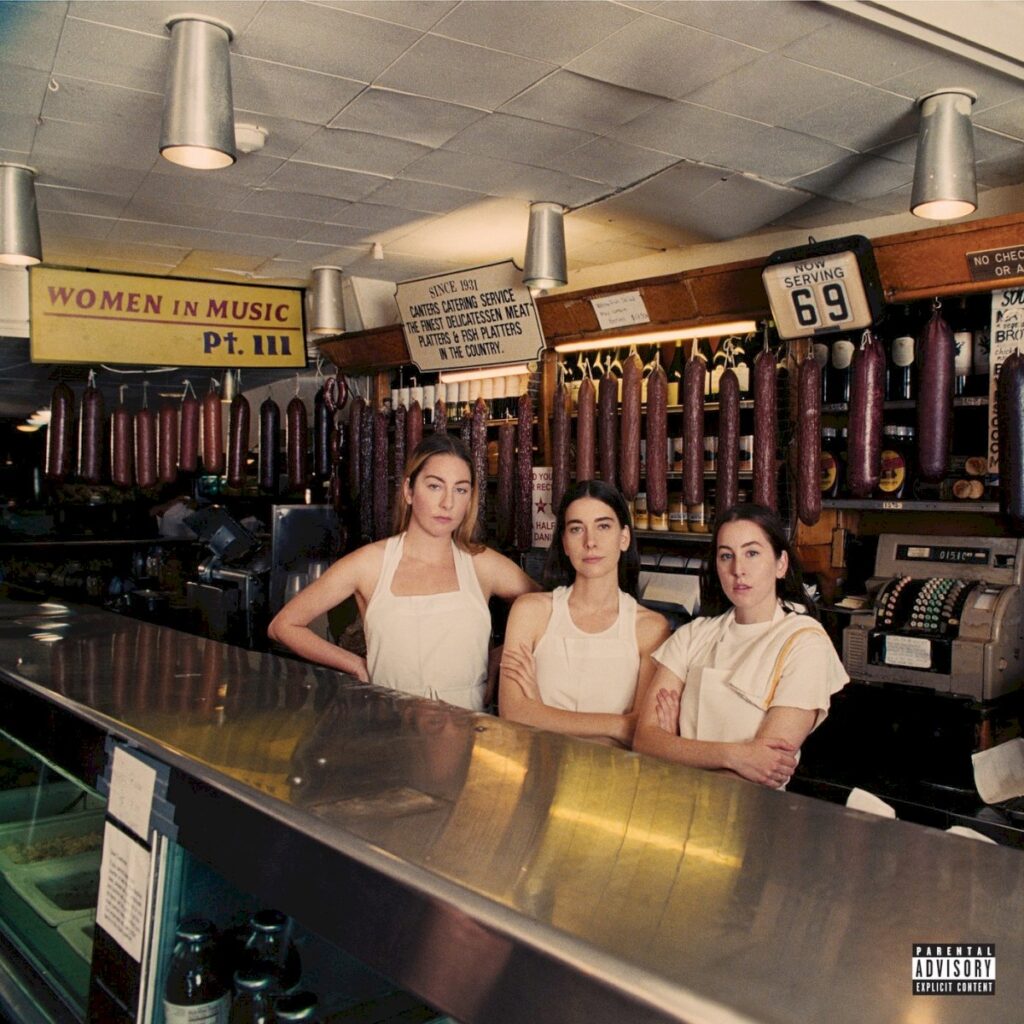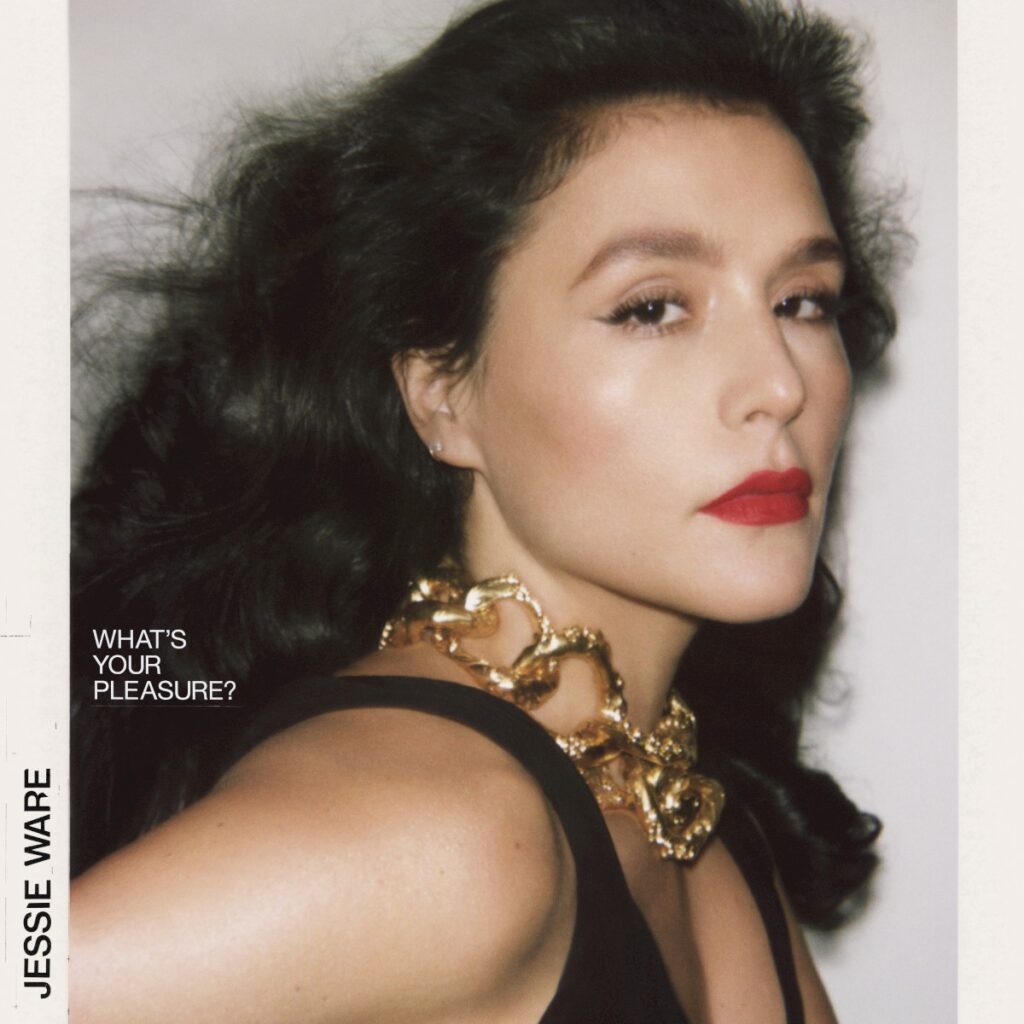Previously,
The Best 20 Albums of 2020: My Picks #20-16
The Best 20 Albums of 2020: My Picks #15-11
10.
Perfume Genius, ‘Set My Heart On Fire Immediately’

It’s enough not to lie just enough to find a trace
It’s enough in the mirror I can almost find your face
Set My Heart On Fire Immediately refines and amplifies the experimental essence of Perfume Genius, unfolding as a carefully orchestrated yet emotionally bare exploration of self and humanity. The album’s title, Set My Heart on Fire Immediately, epitomizes the dramatic flair that Mike Hadreas (Perfume Genius) is known for, hinting at the urgency and raw emotional depth found within its tracks. Hadreas himself described the concept as a reflection of his experiences and heightened awareness of physicality, influenced notably by his participation in an intense modern dance performance called The Sun Still Burns Here. Thematically, the album does not shy away from exploring the complex intersections of queerness, masculinity, and self-acceptance. Tracks like On the Floor capture the fervent energy of lust and yearning, while Jason delves into more intricate narratives about fleeting connections and the intimacy that often accompanies them. Songs such as Describe employ vivid and occasionally unsettling imagery to explore the visceral aspects of human experience, particularly pain and longing. the album is a kaleidoscope of genres and sounds, melding art rock and pop with elements of baroque pop, synthpop, and more. On the Floor exhibits a playful pop sensibility with its infectious hooks and shimmering synths, while Describe juxtaposes its dense, grunge-tinged soundscape with ethereal harpsichord trills. Meanwhile, Nothing at All and Your Body Changes Everything lean into more primal, dance-oriented beats, showcasing Hadreas’s ability to seamlessly transition between different musical styles without losing cohesion across the album. Set My Heart on Fire Immediately showcases Mike Hadreas at the peak of his creative powers. It is an album that explores the depths of human emotion and identity with an honesty and bravery that is both refreshing and deeply moving.
9.
Run the Jewels, ‘RTJ4’

And you so numb you watch the cops choke out a man like me
And ’til my voice goes from a shriek to whisper, “I can’t breathe”
And you sit there in the house on couch and watch it on TV
The most you give’s a Twitter rant and call it a tragedy
But truly the travesty, you’ve been robbed of your empathy
Replaced it with apathy, I wish I could magically
Run the Jewels, the dynamic duo of Killer Mike and El-P, have crafted a resonant opus with their fourth studio album, RTJ4. Released in the midst of nationwide protests against racial injustice and police brutality, RTJ4 exemplifies Run the Jewels’ mission to combine political activism with musical innovation. The album’s themes are both timeless and timely, addressing systemic injustices, racial disparities, and social upheaval with unparalleled urgency. There’s a palpable sense of rage and determination throughout the album, a trait that speaks directly to the heart of contemporary struggles. Yet, the album avoids sounding preachy by fusing its potent messages with bouncy and elastic beats, thereby ensuring that its revolutionary cries are as enjoyable as they are impactful. Tracks like walking in the snow feature heavy-hitting critiques of societal issues, with Killer Mike’s verse on police brutality emoting an intense, personal anger and despair. In a few words for the firing squad (radiation), Killer Mike bares his soul, reflecting on his personal losses and struggles, culminating in a poignant tribute to his late mother: “It’s an honor to be robbed by Denise’s only son.” The beats crafted for this album are not just catchy backdrops but intricate soundscapes that add depth and dimension to each track. From sci-fi minimalism to old-school block-party bangers, the production is as diverse as it is compelling. Tracks like ooh la la, featuring DJ Premier and Greg Nice, pay homage to ’90s NYC rap while maintaining a contemporary edge; JU$T utilizes haunting hooks and poignant lyrics to drive home its message against capitalist exploitation. RTJ4 is not merely an album; it’s a call to arms, a manifesto of resistance, and an unflinching exploration of the fractures within society; it’s a no-nonsense revolution anthem diverse enough to appeal to even the hardest crowds, while invoking the people to stand up for themselves.
8.
Taylor Swift, ‘evermore’

Time flies, messy as the mud on your truck tires
Now I’m missing your smile, hear me out
We could just ride around
And the road not taken looks real good now
And it always leads to you in my hometown
Taylor Swift’s ninth studio album, evermore, serves as an unexpected sequel to folklore. With both albums emerging within the same year, the parallels in thematic undertones, instrumental subtleties, and narrative structures are undeniable. While folklore strayed into the realms of indie folk and atmospheric storytelling, evermore ventures deeper into this wooded enclave, offering a sprawling sonic journey that showcases Swift’s refined narrative voice. Dubbed as folklore’s “sister album”, evermore retains much of the reflective ambiance and introspective lyricism that characterized its predecessor. The storytelling approach here is both expansive and intimate, delving into intricate narratives that explore love, loss, and the inexorable passage of time. Swift has historically been proficient at transforming personal anecdotes into universally resonant stories, but here, she transcends her autobiographical roots to explore broader, almost allegorical narratives. Songs like champagne problems delve into the disintegration of a relationship with painful precision, while others like no body, no crime spin a more suspenseful, darkly romantic tale reminiscent of country murder ballads. Swift’s fascination with nature—evident in lyrical motifs like willow, ivy, and gold rush—weaves an enchanting tapestry throughout the album. This imagery is not just decorative; it serves as a metaphorical landscape where emotions wander and grow. The musical composition of evermore is enriched by its collaborative roots, featuring work by long-time producer Jack Antonoff and The National’s Aaron Dessner, with whom Swift had previously worked on folklore. Together, they construct an intricate sonic palette that marries lo-fi aesthetics with more experimental textures. The album’s indie folk and alternative rock inflections, characterized by fingerpicked guitars, somber piano lines, and atmospheric synthesizers, create a tranquil yet introspective listening experience. Tracks like marjorie exemplify this ethereal production style, blending soft, swaying melodies with haunting string arrangements. Dessner’s influence shines through in the subtleties of these arrangements, lending an organic warmth to the album’s wintry soundscape. Though comparisons to folklore are inevitable, evermore stakes its territory with a distinct identity. In this album, Swift digs deeper into her personal life and magnifies sad, small moments with a versatile, expressive vocal performance.
The autumn chill that wakes me up
You loved the amber skies so much
Long limbs and frozen swims
You’d always go past where our feet could touch
And I complained the whole way there
The car ride back and up the stairs
I should’ve asked you questions
I should’ve asked you how to be
7.
HAIM, ‘Women In Music, Pt. III’

‘Cause now I’m in it
And I’ve been trying to find my way back for a minute
And the rain keeps coming down along the ceiling
And I can hear it, but I can’t feel it
HAIM’s third studio album, Women In Music, Pt. III, released on June 26, 2020, emerges as a bold tapestry of liberated creativity and intimate confessions stitched together into a rich, sonorous quilt. The album’s title, Women In Music, Pt. III, immediately hints at a meta-narrative reflecting the trio’s experiences as women navigating the often patriarchal landscape of the music industry. This thematic exploration manifests in diverse and compelling ways. Songs like Man from the Magazine directly confront sexist attitudes, expressing frustration with patronizing questions masked as banter. Meanwhile, Hallelujah is a tender meditation on loss and resilience, eloquently dealing with subjects like the death of Alana’s best friend and Este’s battle with Type 1 diabetes. The personal is elevated to the universal, making these stories resonate far beyond individual experiences. Grief, loneliness, and self-awareness permeate the record, pulling the listener into HAIM’s emotional and psychological landscapes. The album vibrates with vulnerability, but also with a fearless authenticity that feels both refreshing and necessary in the current musical climate. The Haim sisters have honed their lyrical prowess, demonstrating a keen ability for sharp analysis, reflective rumination, and heartfelt openness. The Steps exemplifies this with its empowering message of taking control and rejecting conformity, while Now I’m in It dives deep into the experience of depression with stark, unfiltered honesty. Women In Music, Pt. III is a genre-defying potpourri, refusing to be boxed into any singular style. The album’s willingness to traverse and fuse genres—from bluesy vibes to UK garage touches and sunny pop-rock foundations—is both its strength and its signature. The opening track Los Angeles sets the tone with a saxophone—a prominent feature throughout the album—that lends a jazzy, nearly nostalgic feel to the city’s modern pulse. Women In Music, Pt. III is a testament to HAIM’s evolution as artists who are unafraid to confront their vulnerabilities and expand their musical horizons. This album stands as an opus of modern music, capturing the anxieties and triumphs of life through the lens of three talented sisters.
6.
Jessie Ware, ‘What’s Your Pleasure? ‘

When the pandemic struck in early 2020, it put the brakes on nightlife across the globe, pushing disco and dance enthusiasts into their living rooms, with makeshift dance floors and solitary grooving sessions. Amid this backdrop of collective isolation, Jessie Ware issued a buoyant call to reclaim the liberating and euphoric essence of dance music with her fourth studio album, What’s Your Pleasure?. The project diverges refreshingly from her previous works by diving headfirst into the lush, decadent world of late ‘70s and early ‘80s disco while still anchored by a modern sensibility. What’s Your Pleasure? is an album where love, lust, and longing take center stage. The lyrics are steeped in perennial themes of sensual desire, unrequited passion, and the magnetic pull of attraction. Songs like Spotlight embody this yearning, with Ware imploring for more than just a dream of connection. The poignancy of her lyrics gains heft against the backdrop of an era where physical intimacy and communal pleasure seem criminally out of reach. This relevancy gives the album a deeper resonance, transforming its lyrical content from mere narrative to a poignant commentary on our times. Musically, What’s Your Pleasure? is an expertly crafted homage to the glittering, exuberant soundscape of disco, post-disco, and house music. Ware and her collaborative co-producer James Ford seamlessly blend lush orchestral elements with synthetic soundscapes to conjure aural pleasure (Ware characterized the album as a “two-year labor of love,” a culmination of both “escapism and groove”). Moreover, this project captures the twin essence of nostalgia and innovation. Songs like Save a Kiss exhibit a sparkling array of arpeggios reminiscent of Robyn’s electro-pop stylings, juxtaposed against the throbbing pulse of a post-disco beat. It’s this flawless weaving of influences that propels What’s Your Pleasure? into its timeless status. In the time of the uncertainty of Covid pendemic, Ware provides an escape hatch from our present woes, inviting listeners back to an era of velvet ropes and glittering ballrooms.
The heart of the city is on fire
Sun on the rise, the highs are gonna fall
But nothing is different in my arms
So darling, remember, remember, where you are
Continue Reading:
The Best 20 Albums of 2020: My Picks #5-1